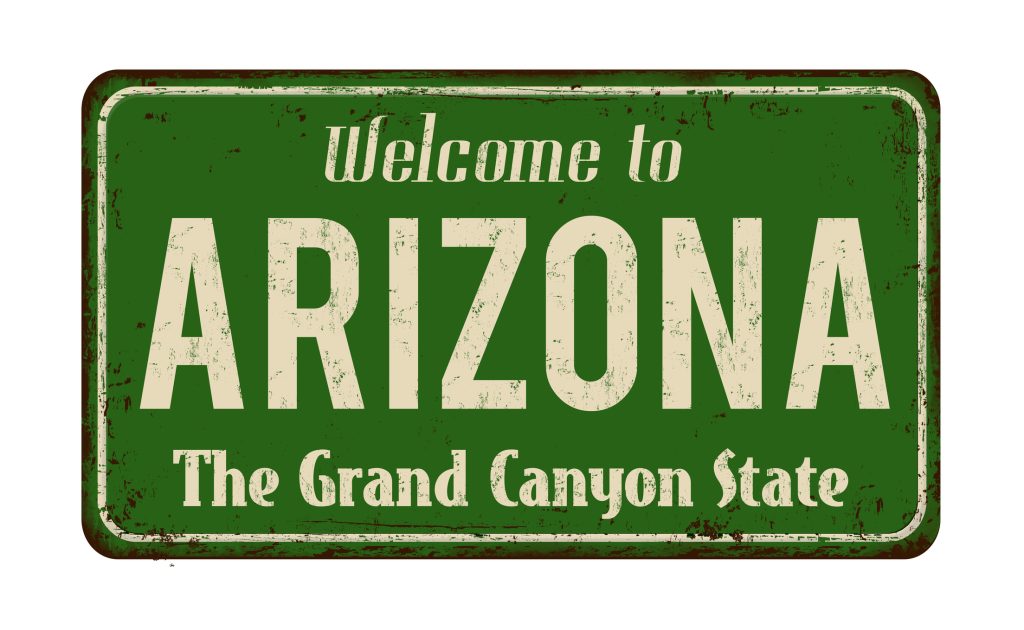As we sit in a national lawyers’ meeting discussing “supported decision-making,” it seems like a good time to write about the concept for Arizona proceedings. Is there supported decision-making in Arizona? Not precisely, or at least not yet.
What is supported decision-making?
Long advocated as a less-intrusive process than guardianship, supported decision-making law have been adopted in a number of states. The concept is straightforward: let the individual, with support from family and providers, make most of their own decisions.
A number of states have adopted supported decision-making statutes. Usually they allow an individual to sign an agreement with others, often (but not always) family. The decision-makers agree to provide information and counseling, and the individual authorizes them to sign releases and consents for placement and both personal and medical care.
Importantly, the existence (and state recognition) of a supported decision-making agreement can be used to avoid guardianship proceedings. That allows the individual to maintain more autonomy, while still having the protection of a supportive community. It also can save a lot of expense.
Guardianship in Arizona
Because there is no concept of supported decision-making in Arizona, most families facing care decisions for a disabled adult child (or other relative) turn to the guardianship process. As we have written before, that can be time-consuming and costly. It is also public and invasive, and the system presumes conflict and disagreement.
Remember that Arizona guardianship conveys authority to make placement and health decisions. Some other states use “conservatorship” to describe the same authority. In Arizona, conservatorship is limited to financial authority over a person who needs protection. Guardianship (in Arizona) does not give any authority over finances.
Court proceedings to establish a guardianship require appointment of an attorney to represent the interests of the person subject to the proceedings. They also involve a court-appointed investigator, and a required medical report. Hearings are often a month (or even six weeks) after filing. And guardians must file annual reports with the court, including a recent doctor’s report.
With an Arizona guardianship, the individual loses the right to vote. They can also lose the right to drive, as well as other rights. So for all of those reasons, many families would prefer not to go through a guardianship proceeding.
Supported decision-making
In contrast, the idea of supported decision-making is simple. An individual with limited abilities can sign (or direct someone to sign) an agreement that spells out who will assist – but the individual retains the authority to make their own decisions. No courts need be involved. No annual reports are required.
Does that sound a little bit like the individual signing a power of attorney to give someone decision-making authority? It is – but with two important differences. First, the individual might not have the legal capacity to sign a power of attorney, but still might understand the concept of selecting someone to assist them. Second, the supported decision-making model encourages a group process to reach consensus, rather than identifying one person who has authority over another.
The idea of supported decision-making came from, and is encouraged by, family members of those with disabilities. It codifies the typical family dynamic of adult children relying on their parents (or perhaps siblings or other family members) to help handle decisions. And it avoids involvement of lawyers, social workers and judges. Needless to say, it is also less expensive.
So why don’t we have supported decision-making in Arizona?
Arizona’s legislature is now in session. And Phoenix Democrat Jennifer Longdon actually introduced a bill, HB2174, to formalize supported decision-making in Arizona. It was co-sponsored by Phoenix Republican Timothy Dunn. But despite the bipartisan sponsorship, the bill has not secured a hearing. And the time for hearings has passed. Arizona supported decision-making is almost certainly dead for this legislative year.
That doesn’t mean the Arizona legislature is opposed to the idea. It just means that they haven’t given it a high priority. Instead, the Arizona Senate actually passed (and sent to the House, where it seems it might have died a merciful legislative death) a bill that would make guardianship automatic for developmentally disabled children on their 18th birthday. No court proceedings, none of the protections of regular guardianship, and no concern for loss of related rights. That unfortunate bill was the antithesis of supported decision making. And Arizona almost adopted it.
Does that mean supported decision-making in Arizona is unavailable?
Not exactly. While we don’t have any direct recognition of the concept (yet), there is nothing that prevents family members from engaging in all of the positive elements of supported decision-making in Arizona – even without any specific law.
To start with, a guardian should involve the individual subject to the guardianship in decision-making. That should mean actually discussing the choices with the person, and soliciting their input. That can look like most of the positive parts of supported decision-making.
We regularly advise parents not to rush into guardianship proceedings. Arizona already recognizes family members as health care decision-makers – and not just for the developmentally disabled or mentally ill children as they turn 18. For several decades Arizona has had a “surrogate decision-maker” law that allows next-of-kin to make virtually all decisions without guardianship or a health care power of attorney. People use that law regularly, and mostly it works just fine.
Would you like to see more involvement by the person with a disability? Great! We agree! Let’s discuss with your family member what it means, get their buy-in, and then have them sign a health care power of attorney. And the agent under that health care power of attorney can regularly involve the principal in decision-making. As with guardianship, that’s the way it should work anyway.




One Response